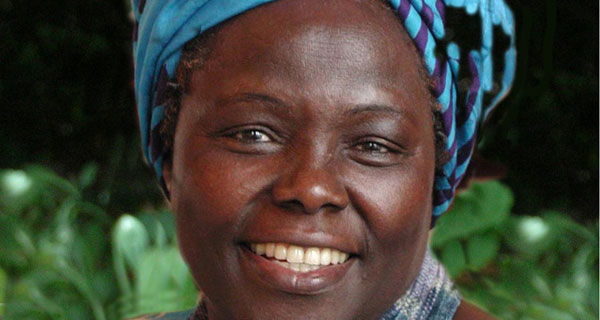×
The Standard e-Paper
Smart Minds Choose Us
 |
| Wangari Mathai PHOTO: COURTESY |
By JOE KIARIE
For the past 56 years, it has proved mission impossible to dethrone Joe Kadenge as arguably the finest footballer Kenya has ever produced.